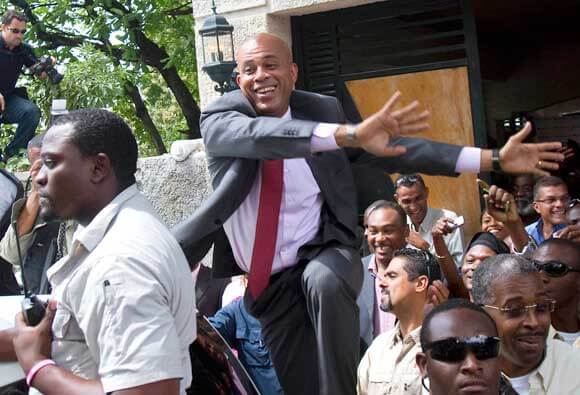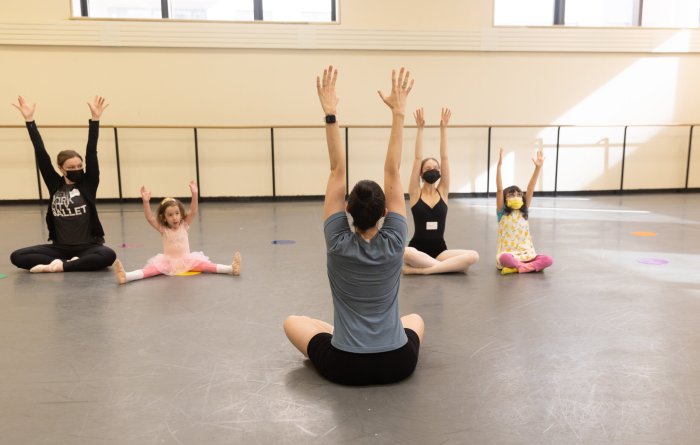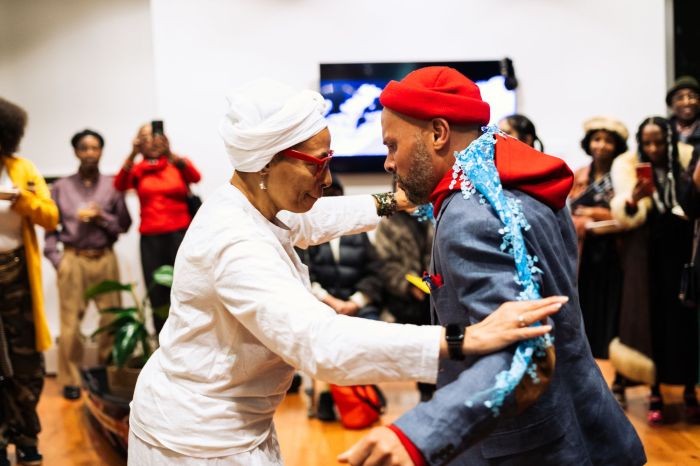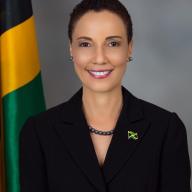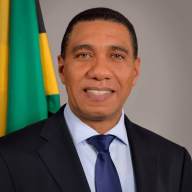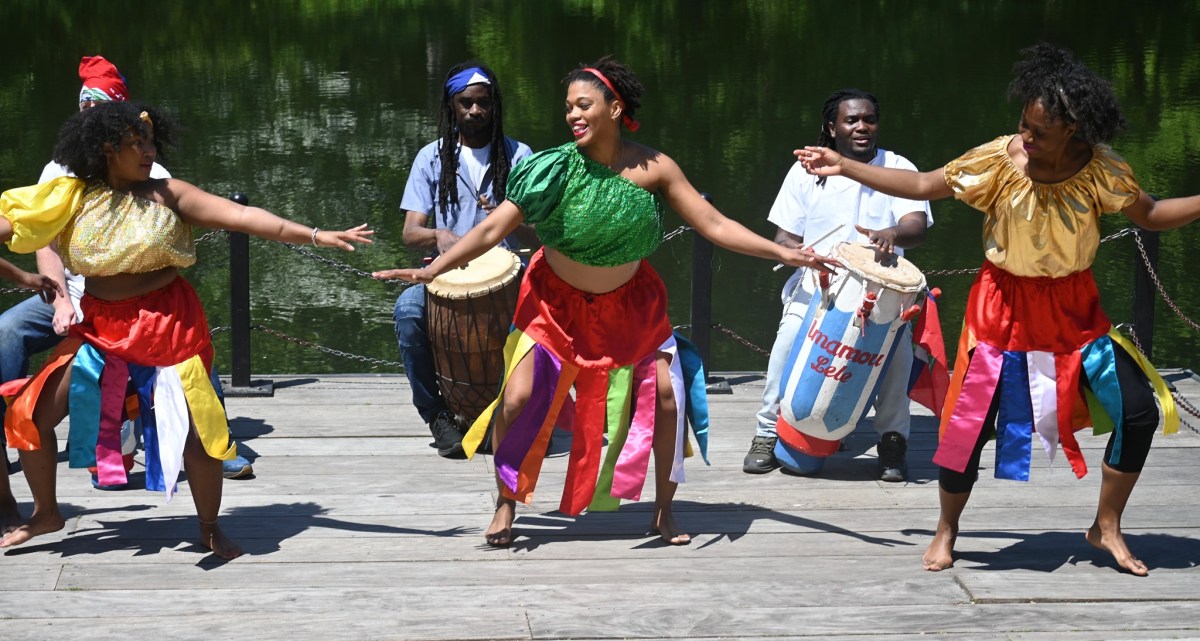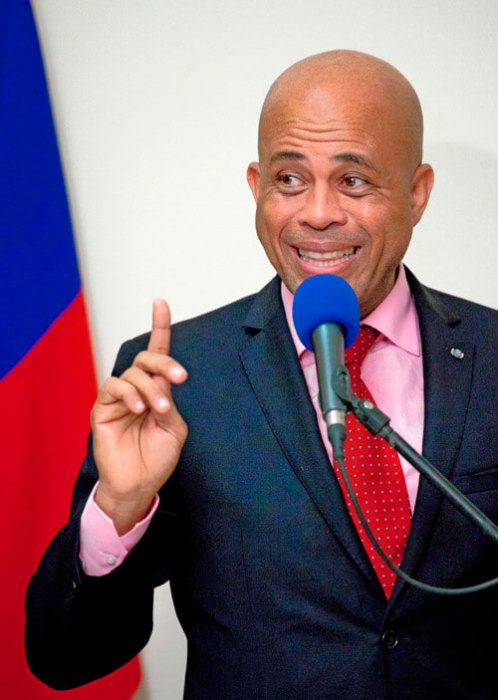PORT-AU-PRINCE, Haiti (AP) — Haiti’s pop star president-elect is making the media rounds to thank voters for his easy election victory while showing off a persona considerably toned down from his extravagant bad-boy days on stage.
With Haitians wondering how the charismatic Michel “Sweet Micky” Martelly will approach governing, he showed up in a conservative gray suit Tuesday to hold his first news conference a day after election results were announced.
As he did on the campaign trail, the 50-year-old Martelly avoided any specifics about how he would lead, but appeared as far as possible from his outrageous stage persona as he spoke of reconciliation with political opponents and improving the lives of people in the most desperate, star-crossed nation in the Western Hemisphere.
“I would like to say first that I have always had the desire to change my country,” he said. “I have a passion to change my country.”
Haiti is confronting daunting challenges on numerous fronts, including the stalled reconstruction from the January 2010 earthquake, a cholera outbreak, hundreds of thousands of homeless and more than half the population unemployed.
Asked about his priorities for his first three months in office, Martelly, who has never held office, dodged the question like a seasoned politician: “Our common sense tells us that in the 100-day period, we will barely have the time to build a small house.”
Pressed for more, he did it again: “We are not going into specifics at this time,” he said, citing a need to “surprise” people.
A few hours after his news conference, Martelly made visits at several radio stations in the capital to meet with owners and staff. Radio is the prime source of news for Haitians, because they can use battery-powered radios during the country’s frequent power outages.
“It was a courtesy meeting,” said Mario Viau, director general of the privately run Signal FM, the first stop on Martelly’s media victory lap. “He wanted to show the importance of the press.”
Martelly is best known for his wild antics as a popular performer playing “compas,” Haiti’s high-energy, slowed-down version of merengue. His shows — he started in the mid-1980s and reached the height of his career in the ‘90s — became legendary, for he was a bona fide provocateur. As the self-proclaimed “bad boy of compas,” he donned diapers and dresses, mooned the audience, cursed his rivals and spouted obscenities.
But his outsider image apparently resonated with voters. Haiti’s electoral council said late Monday that preliminary results showed he captured nearly 68 percent of the vote in the March 20 runoff against Mirlande Manigat, a former senator and first lady.
Martelly had placed behind Manigat in the first round in November. The musician said there was no question why.
“There was a system eating at them, consuming them alive,” he said of the voters. “The disgust that people felt with the certain situation has created the need for them to see things change.”
Manigat wasn’t ready to concede. The 70-year-old, Sorbonne-educated grandmother said her team was still looking into allegations of fraud. “You voted, and they stole your vote at the tabulation center,” she said at a news conference.
The candidates were vying to succeed President Rene Preval, barred by the constitution from running for a third term. The new president must contend with a Senate and Chamber of Deputies controlled by Preval’s party.
Haiti’s electoral council said about 23 percent of the 4.7 million registered voters cast ballots. Serge Audate, an elections official, said about 15 percent of the tally sheets had problems suggesting possible fraud, including cases in which there were more votes cast than registered voters at some polling stations. Final results are to be announced April 16.
A lot of Martelly’s support comes from the young and unemployed, who make up much of the country. Older, more educated voters often said they were turned off by his past antics. But he proved to be an adept campaigner, turning his lack of experience into an asset, just as he turned his lack of hair into a catchy campaign slogan — “the bald one.”
Martelly’s run for office gained little attention at first, overshadowed by the short-lived campaign of the better-known hip-hop star Wyclef Jean, who was declared ineligible to run.
Martelly, who usually dressed in bright pink short-sleeve shirts on the campaign trail, said his experience as a musician was good preparation for running for office, even if his past antics came back to haunt him.
“In music you want to please your fans,” he told The Associated Press before the election. “But sometimes it’s very controversial. … In politics you have to be responsible.”
During the campaign, he deftly depicted himself as a neophyte even though he has long been active in politics. He promised profound change for Haiti, vowing to provide free education in a country where more than half the children can’t afford school and promising to create economic opportunity amid almost universal unemployment. But details were sometimes elusive.
“He said he will send all students to school,” said Telson Elli, 23, an agronomy student at a university in downtown Port-au-Prince. “So I suppose he will have to raise taxes.”
Nevertheless, the student said: “I’m very optimistic for Martelly. He has passion, which is a very important part of leadership. We want a president who is concrete, who takes action. And we sense that he is that sort of guy.”


